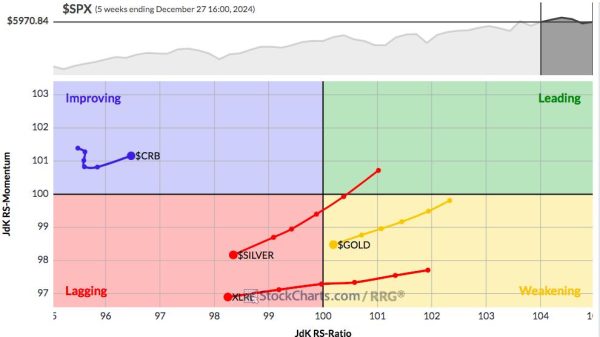Walter Olson
In today’s Harrington v. Purdue Pharma, the Supreme Court confronted a recurring issue in the context of mass legal settlements: Should the courts uphold individualized justice, in the form of each plaintiff’s right to pursue each defendant, even if rough justice of a more collective style would hold out the promise of fuller and fairer victim compensation? In a five‐to‐four split, with Justice Neil Gorsuch writing for a majority that included conservative justices Clarence Thomas, Samuel Alito, and Amy Coney Barrett and liberal justice Ketanji Brown Jackson, the Court chose to follow the individualist route it has laid down in some earlier cases.
A bankruptcy court had approved a settlement of opioid maker Purdue Pharma’s liabilities under which executives from the Sackler family would contribute between $5.5 and $6.0 billion to the settlement fund and, in exchange, would escape further liability—a “non‐debtor release,” since they were not themselves bankrupts. During an extensively negotiated process, the Court found that individual claims against the executives would be chancy at best and subject to various defenses and that there was a significant chance that the result of prolonged litigation would be to make much less money available to the bankruptcy claimants, which included more than 100,000 individuals suing over opioid addiction as well as states and municipalities. The pool of money obtainable from the Sacklers might heavily overlap the pool of money obtainable from Purdue; worse, money from individual lawsuits might go to whichever single plaintiffs won the “race to the courthouse” rather than being apportioned fairly among similar claimants.
For those reasons, the overwhelming majority of individual claimants, along with all fifty state attorneys general, wanted the settlement to be upheld. “Today’s decision is wrong on the law and devastating for more than 100,000 opioid victims and their families,” wrote Justice Brett Kavanaugh in a dissent joined by Chief Justice John Roberts and Justices Sonia Sotomayor and Elena Kagan.
The problem was—in the eyes of Justice Gorsuch’s majority—that to get the money on the table, the bankruptcy court had to tolerate cutting corners on the vindication of individual legal rights. In particular, it would extinguish claims against Sackler family members that some individual claimants might have had both the legal right and the inclination to pursue without putting those family members through the rigors of the bankruptcy process.
To me, today’s decision echoes Amchem Products Inc. v. Windsor (1997), which arose in the context of mass tort settlement. There, a majority led by Justice Ruth Bader Ginsburg hewed to an individualist conception of rights and obligations, even though, in the view of part‐dissenting Justices Stephen Breyer and John Paul Stevens, a rougher managerial approach to justice would have better served asbestos claimants as a group.
This makes it especially interesting to see Justice Jackson taking the individualist side. There is little doubt that Justice Breyer, her mentor, would have joined the Kavanaugh side in approving the settlement as the best that could be done under the circumstances to solve (in Kavanaugh’s words) a “collective‐action problem” of large social dimensions. Jackson was assuredly the deciding vote today in more ways than one.
I wrote about individualist versus managerial approaches to batch settlement in 2021 (after Walmart v. Dukes) and in 2020 (with comments specific to the opioids litigation particularly critical of its state‐recoupment component). “Federal court procedure holds out a promise of individual hearing and individual adjudication that must not be lost in the felt practical need to aggregate litigant groups and move them by the hundreds and thousands as if on a game board,” I wrote then.
Commentators who berate the Court as supposedly friendly toward plutocracy might have been surprised to see the most conservative justices side against the Sacklers. But as usual, anti‐business which-side-are-you-on?-ism proves itself a poor way to predict the jurisprudence of the high court.
























